Getting Started in Molecular Biology
Getting started in molecular biology requires a solid grasp of foundational concepts, textbooks, laboratory techniques, and study resources to build expertise effectively. This article outlines essential textbooks, core topics, and practical advice to guide beginners through this complex and evolving field.
Core Textbooks and Study Materials
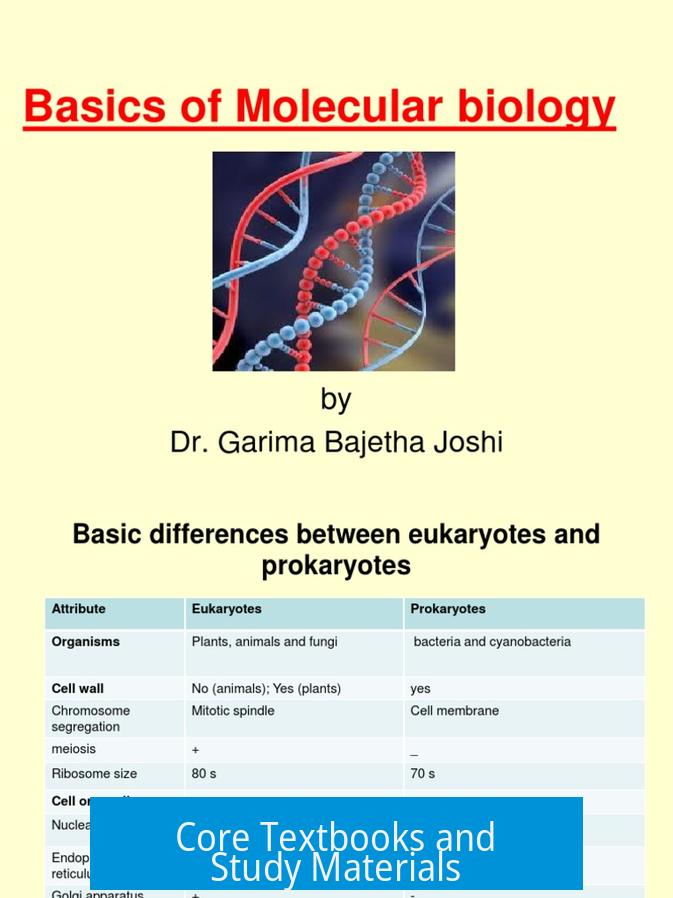
Strong textbooks provide the basis for understanding molecular biology. They cover cell biology, genetics, biochemistry, and laboratory approaches. Recommended selections balance comprehension and depth.
1. Molecular Biology and Cell Biology
- Alberts et al., Molecular Biology of the Cell (6th Edition): This textbook is the definitive guide for molecular and cell biology. It covers molecular processes, cell structure, signaling, and development. The text is accessible for those with background knowledge in chemistry and biology.
- The book includes chapters on cell division, cytoskeleton, cancer biology, and stem cells, making it widely applicable to multiple disciplines.
- Users can start with an earlier edition to reduce cost without losing essential information.
2. Developmental Biology
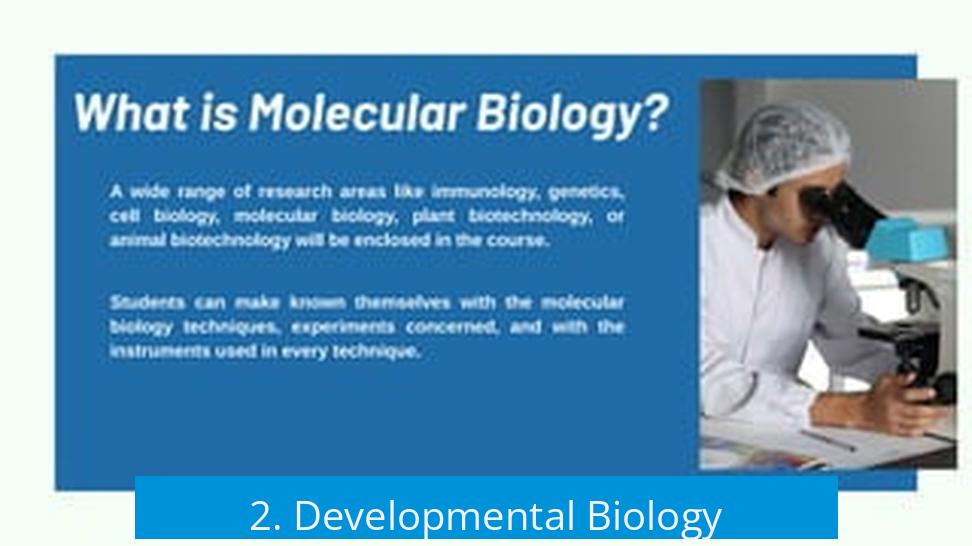
- Wolpert et al., Principles of Development (Oxford): Recommended for understanding embryology and developmental processes alongside molecular mechanisms.
3. Biochemistry
- Lehninger Principles of Biochemistry offers an in-depth, technique-oriented view of biochemical molecules and processes, including proteins, nucleic acids, and metabolic pathways.
- This book suits those with a chemical mindset but can be encyclopedic and challenging without prior chemistry knowledge.
- It focuses more on biomolecular chemistry than cell physiology compared to Alberts.
4. Genetics
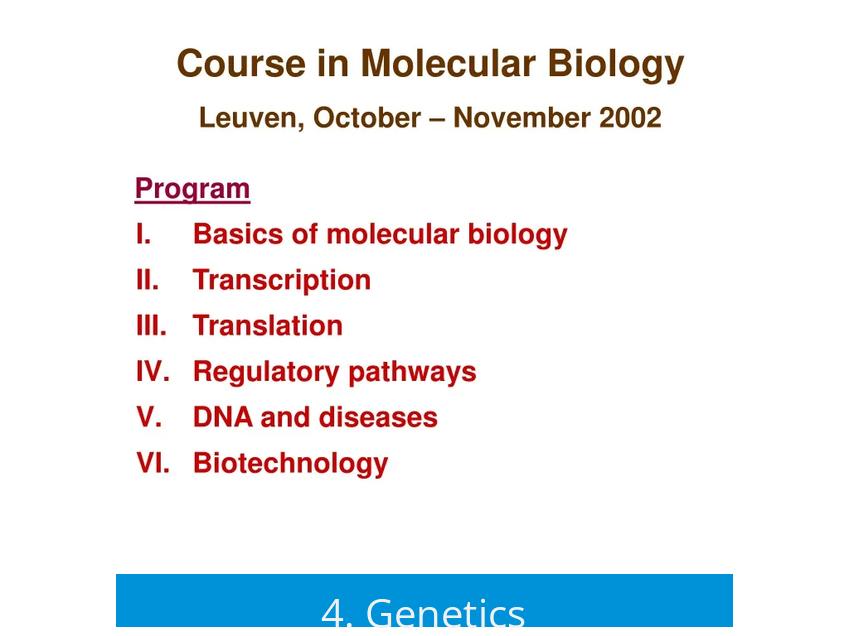
- Klug et al., Concepts of Genetics: Covers Mendelian and modern molecular genetics comprehensively with a broad perspective.
- Snyder and Champness, Molecular Genetics of Bacteria: Useful for bacterial genetics and molecular tools, including integrase and CRISPR/Cas9 technology.
5. Microbiology
- Brock Biology of Microorganisms serves as a standard reference but can be less prioritized unless focusing on microbial systems.
6. Chemistry and Analytical Chemistry
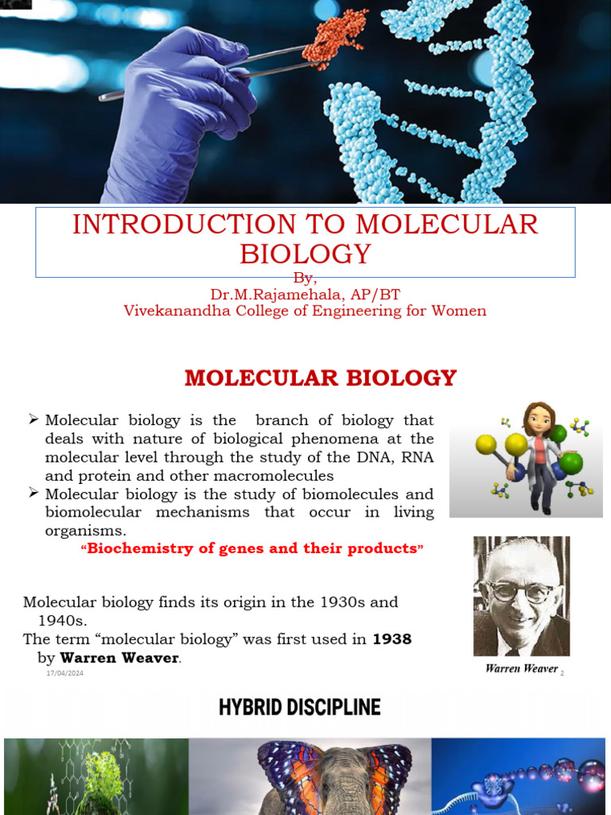
- Basic and organic chemistry knowledge is essential but specific book recommendations vary.
- Skoog et al., Principles of Instrumental Analysis offers insights into instrumental techniques used in molecular biology, aiding understanding of experimental data.
- Higson, Analytical Chemistry encountered occasional errors but remains a useful exam preparation resource.
7. Physical Chemistry and Structural Biology
- Liljas, Textbook of Structural Biology supports understanding of physical chemistry principles related to biomolecular structures.
- Lecture notes often supplement physical chemistry learning in molecular biology contexts.
8. Bioinformatics
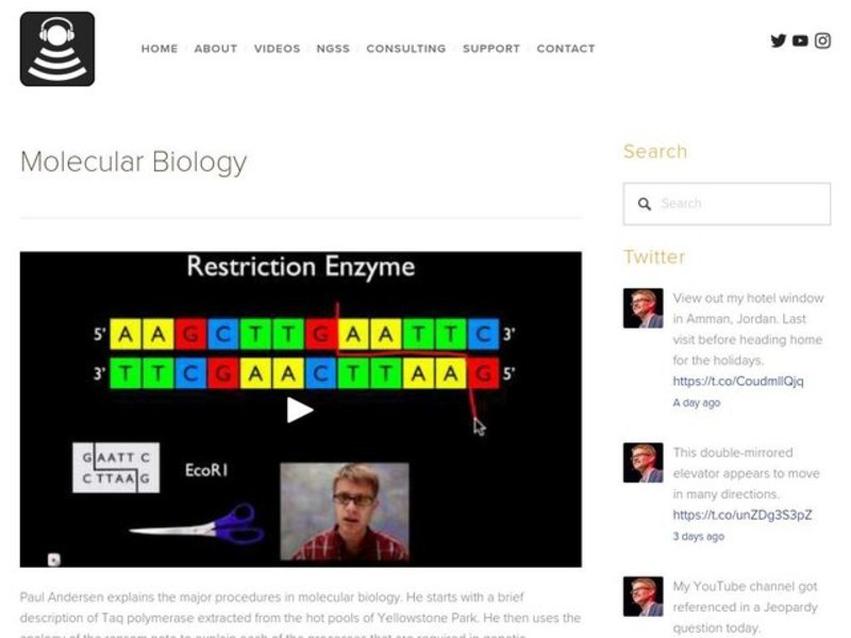
- Slides and online resources supplement bioinformatics knowledge, crucial for analyzing molecular data.
9. Additional Resources
- Seminars, research papers, and reviews deepen understanding beyond textbooks.
- Open-source PDFs of fundamental molecular biology and biochemistry are accessible.
- Free online lectures, including YouTube university courses and Khan Academy, augment self-study.
Fundamental Molecular Biology Topics
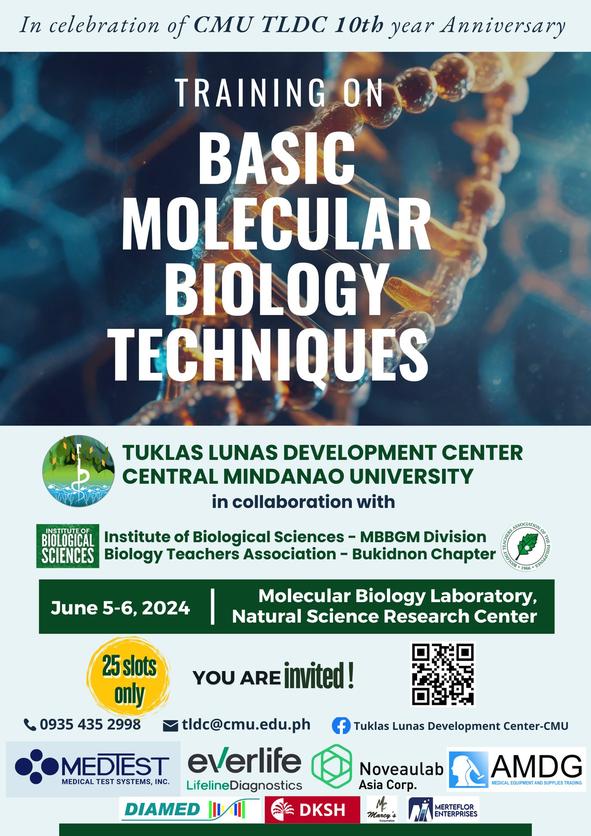
Focus on mastering key concepts that form the framework of molecular biology.
Central Dogma of Molecular Biology
- This principle explains the flow of genetic information: DNA to RNA to protein.
- Textbooks explore transcription, translation, replication, and regulation of gene expression.
Cell Replication
- Study mitosis, meiosis, and fertilization processes.
- Understand cell cycle checkpoints and molecular control mechanisms.
Enzymology
- Examine enzymatic protein structure and function.
- Understand kinetic models like Michaelis-Menten to describe enzyme activity mathematically.
Laboratory Techniques
- Learn common methods such as blotting (Southern, Northern, Western), fluorescence in situ hybridization (FISH), DNA and RNA sequencing technologies.
- Acquire practical knowledge of sample preparation and data analysis.
Study Advice for Beginners
Approach molecular biology with integrated study methods and seek support.
- Combine molecular biology textbooks with foundational biochemistry materials to build a comprehensive understanding.
- Utilize online lectures and videos for visual and auditory learning.
- Engage in seminars and discussions to explore recent advances.
- Develop hands-on experience with wet lab techniques during coursework or internships.
- Participate in academic communities or consult teaching assistants for guidance.
Summary of Key Takeaways
- Molecular biology study begins with strong textbooks such as Alberts’ Molecular Biology of the Cell and Lehninger’s Principles of Biochemistry.
- Core topics include central dogma, cell replication, enzymology, and key laboratory methods.
- Complement textbooks with seminar papers, online resources, and practical lab exposure.
- Integrate biochemistry with molecular biology for a fuller understanding of cellular processes.
- Utilize multiple learning formats: books, lectures, research articles, and discussion.
Getting Started in Molecular Biology: Your Handy Guide to the Tiny World
Getting started in molecular biology means diving headfirst into the incredible inner workings of life at the molecular level—DNA, proteins, cells, and all that jazz. If you’re curious about what makes life tick, this is your playground. But where do you begin? Molecular biology is vast and can feel like a jungle. Fear not! Here’s a detailed, humorous, and practical roadmap to kickstart your journey.
First, getting familiar with solid textbooks and trusted resources is non-negotiable. These form your compass.
Essential Textbooks and Why They Matter
Imagine trying to bake a cake without a recipe. That’s what jumping into molecular biology without the right books feels like. So let’s talk about bookshelf essentials:
- Alberts et al., Molecular Biology of the Cell (6th Edition) — This classic is like the Swiss Army knife of molecular biology. It covers almost everything, from cell division to cancer biology, and even neuroscience bits. The best part? It’s accessible if you already know some chemistry and biology. Older editions work fine if you want to save some cash.
- Wolpert et al., Principles of Development — Pair this with Alberts if you want a strong grasp on developmental biology topics. Think of it as the growth story of an embryo but explained with clarity.
- Lehninger Principles of Biochemistry — Highly recommended for those with a ‘chemical mindset.’ It dives deep into proteins, DNA, RNA, and their biological roles. Beware, though: it’s encyclopedic. If you love leafing through detailed biochemical pathways, this is your jam. Just note it doesn’t explore cell physiology as thoroughly as Alberts does.
- Klug et al., Concepts of Genetics — Your go-to for genetics, from Mendelian basics to modern molecular genetics. It sketches the big picture beautifully. For those fiddling with bacterial genetics and genetic engineering, Snyder and Champness’s Molecular Genetics of Bacteria is a treasure trove, including neat chapters on CRISPR/Cas9 and integrase systems.
- Brock Biology of Microorganisms — Required reading for microbiology, though less focus here if your interests toe the molecular biology line more than microbial realms.
- Basic Chemistry and Organic Chemistry and Skoog et al., Principles of Instrumental Analysis — These books pack the punch on the chemical and analytical techniques you’ll rely on in labs. Skoog’s book is dense but invaluable. Skim over theories and zero in on what’s relevant.
- Liljas: Textbook of Structural Biology — For the nerds wanting to peek into the physical chemistry and structural nuances of molecules, this one has you covered, supplemented nicely with lecture slides.
Got internet? Good! Many top universities post molecular biology lectures on YouTube. Khan Academy might not have dedicated molecular bio courses, but their biology and chemistry materials complement your learning superbly.
Fundamental Molecular Biology Topics to Master
The molecular biology world is big, but everything revolves around a few core concepts. Focus here to master the essentials:
- Central Dogma of Biology: DNA makes RNA makes protein. Sounds simple, but textbooks get into all the nitty-gritty. Think transcription mechanisms, regulatory elements, and exceptions like reverse transcription. Grasp this and you’ve unlocked the language of life.
- Cell Replication: Mitosis, meiosis, and fertilization aren’t just biology class buzzwords. They’re key processes telling how life grows and evolves. Understanding these will also help you decode genetic inheritance and cell cycle misregulation in diseases.
- Enzymology: Enzymes are the molecular machines. Learn their structure, function, and kinetics (hello, Michaelis-Menten equation). This helps explain how biochemical reactions happen fast enough to sustain life.
- Laboratory Techniques: Molecular biology is hands-on. Familiarize yourself with blotting (Southern, Northern, Western), Fluorescence In Situ Hybridization (FISH), DNA and RNA sequencing. Knowing what these techniques do and how they work is vital for any aspiring molecular biologist.
How to Study Molecular Biology Like a Pro (Without Losing Your Mind)
Here’s a little secret: combine textbook knowledge with practical biochemistry topics. The overlap is huge, and understanding one boosts the other.
Feeling overwhelmed? Break topics down. Pick modules (say, central dogma one week, enzymology the next). Then, watch online tutorials or recorded lectures to add variety to your learning.
Join study groups or forums. Molecular biology can be technical, but discussing tricky concepts with peers or a TA makes them stick. For example, someone at UCLA offers molecular bio concept support—seek out such help.
Don’t shy away from reading review articles and research papers. It might seem advanced, but it exposes you to cutting-edge discoveries.
Lastly, always try to connect the dots: how does DNA sequencing lead to diagnosis? How does understanding cell signaling impact cancer treatments? Asking questions like these makes learning meaningful.
Closing Thoughts
Starting molecular biology is like opening a door into the secret life of cells. Yes, it can feel dense. Yes, you’ll hit tough parts. But armed with the right books, focused study on core topics, and supplemental lectures, you can navigate this intricate world.
Need motivation? Every gene you understand, every pathway you map out, brings you closer to unraveling life’s mysteries—and that’s pretty cool.
So, grab your copy of Alberts, brew some coffee, and get ready to explore the marvels coded in every cell. Happy studying!
What are the best textbooks to begin learning molecular biology?
Alberts’ “Molecular Biology of the Cell” is highly recommended. It covers cell division, signaling, and more. Pair it with Wolpert’s “Principles for Development” for developmental biology topics.
Which topics in molecular biology should I focus on first?
Start with the Central Dogma, cell replication including mitosis and meiosis, and enzymology basics. Understanding lab techniques like DNA/RNA sequencing is also crucial.
How can I improve my grasp of molecular biology lab methods?
Learn blotting techniques, FISH, DNA and RNA sequencing. Practical knowledge of these methods is essential for molecular biology research and experiments.
Are there any good online resources for beginners in molecular biology?
YouTube hosts many university lectures. Khan Academy may have introductory content. Reading review papers and open-source PDFs also helps reinforce learning.
Is it necessary to have a strong background in chemistry for molecular biology?
A solid chemistry foundation helps, especially for biochemistry topics. Books like Lehninger’s are valuable for understanding molecular functions and analysis techniques.
Can genetics textbooks support molecular biology studies?
Yes. “Concepts of Genetics” covers classical and modern genetics. For bacterial genetics and tools like CRISPR, the “Molecular Genetics of Bacteria” book is useful.


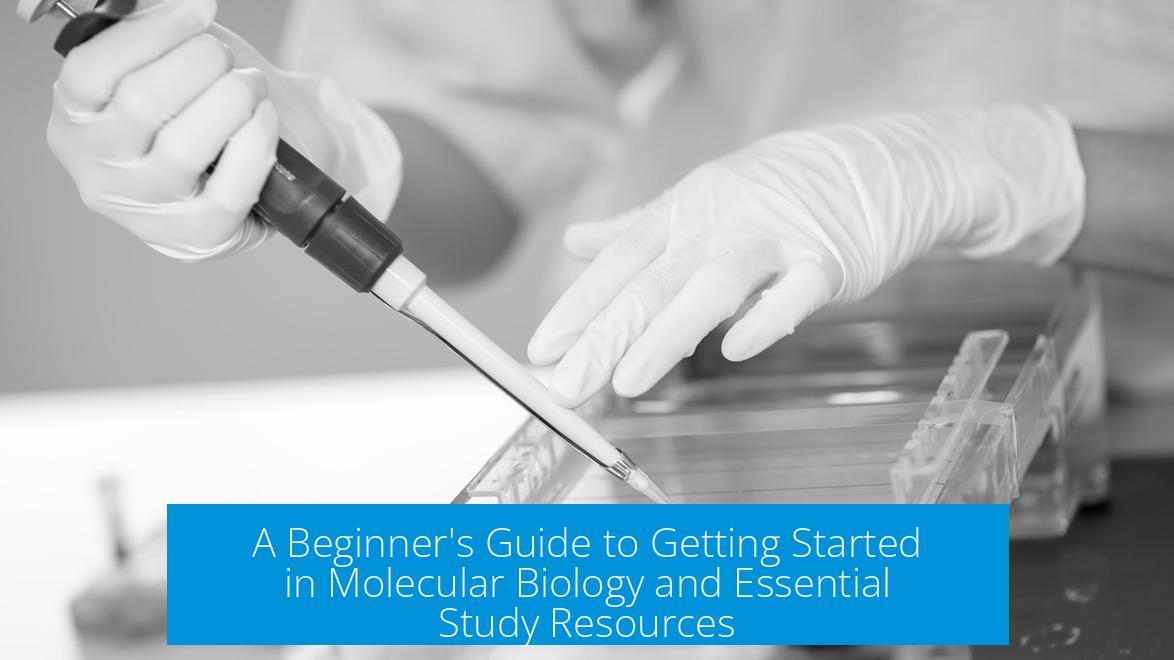
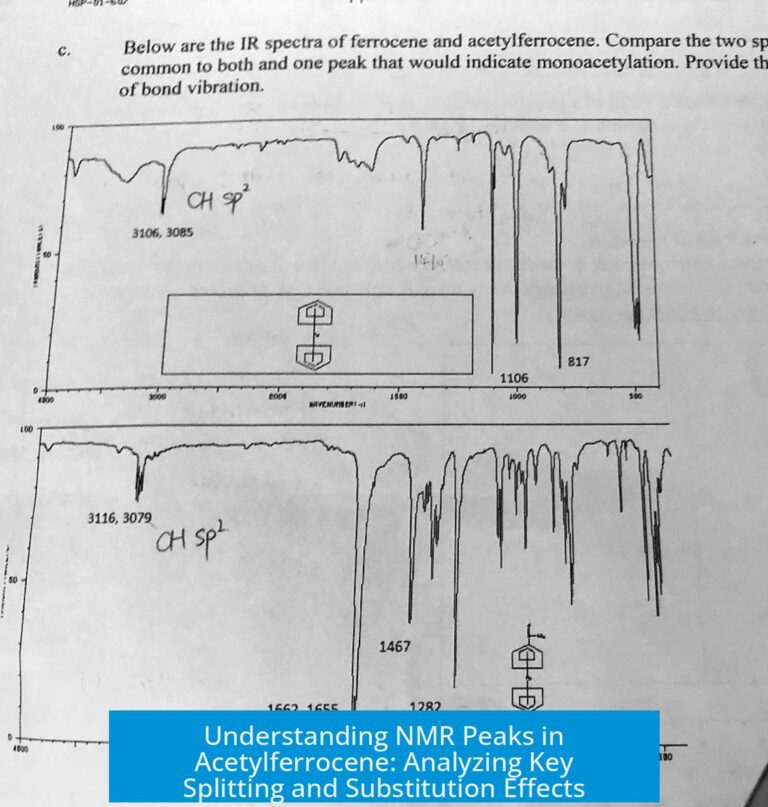

Leave a Comment